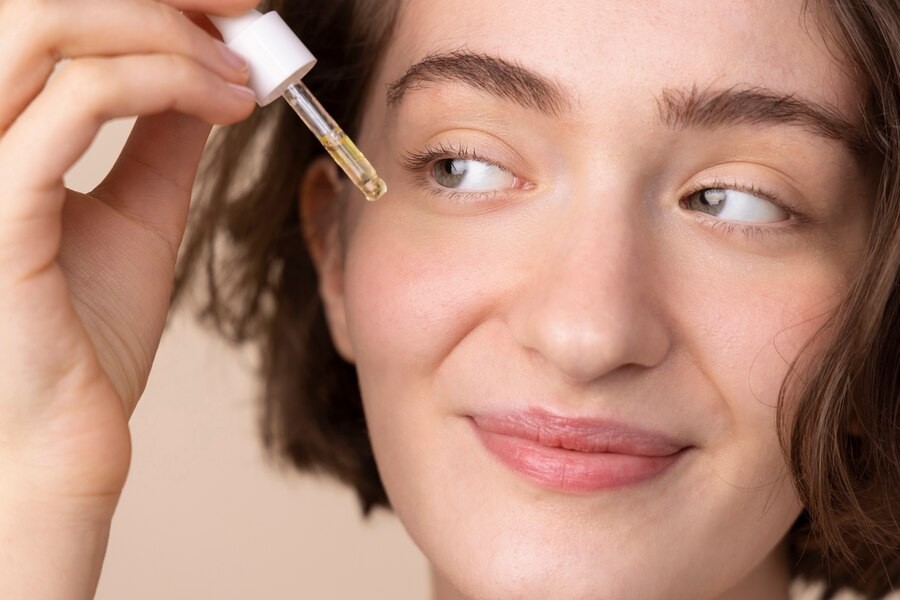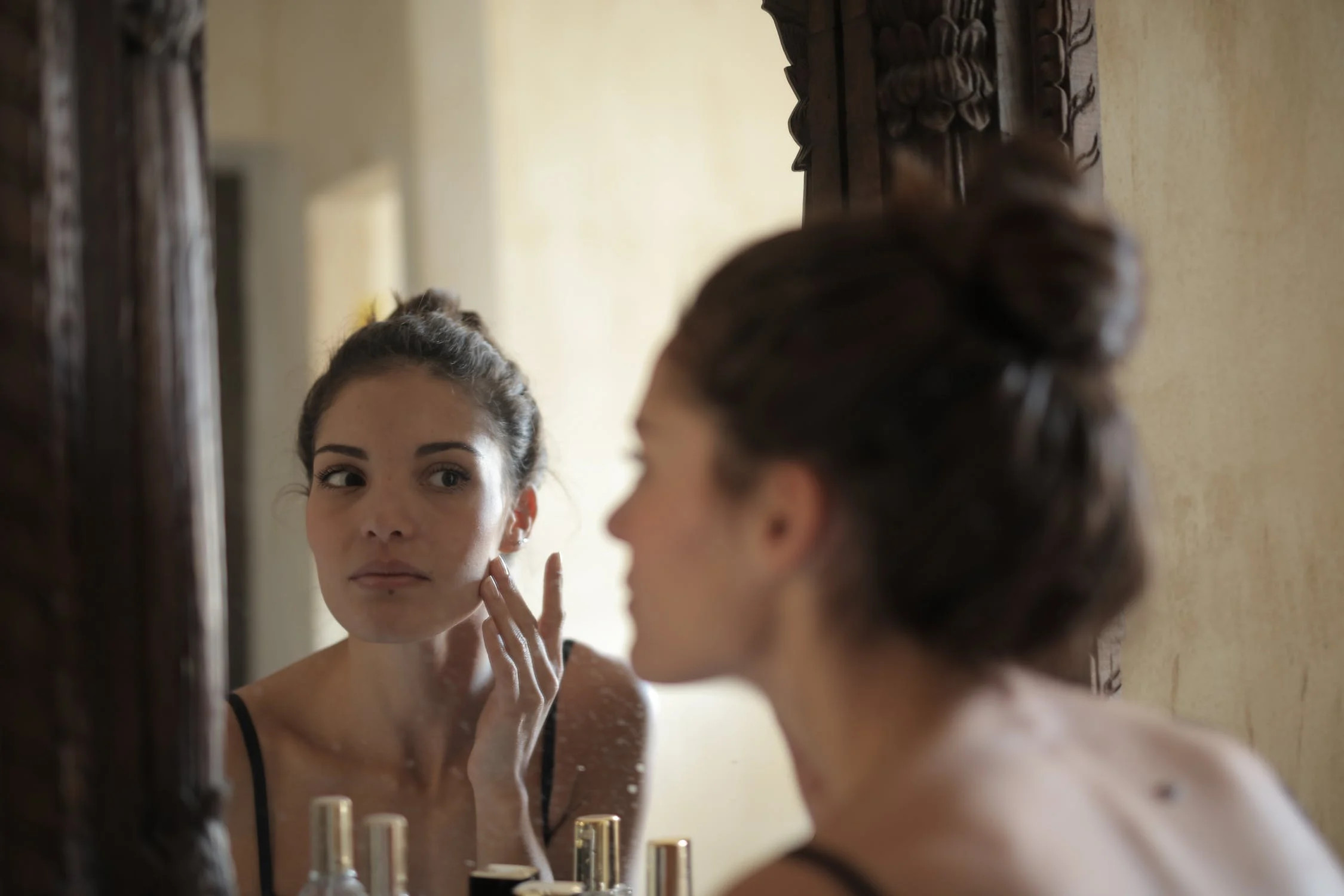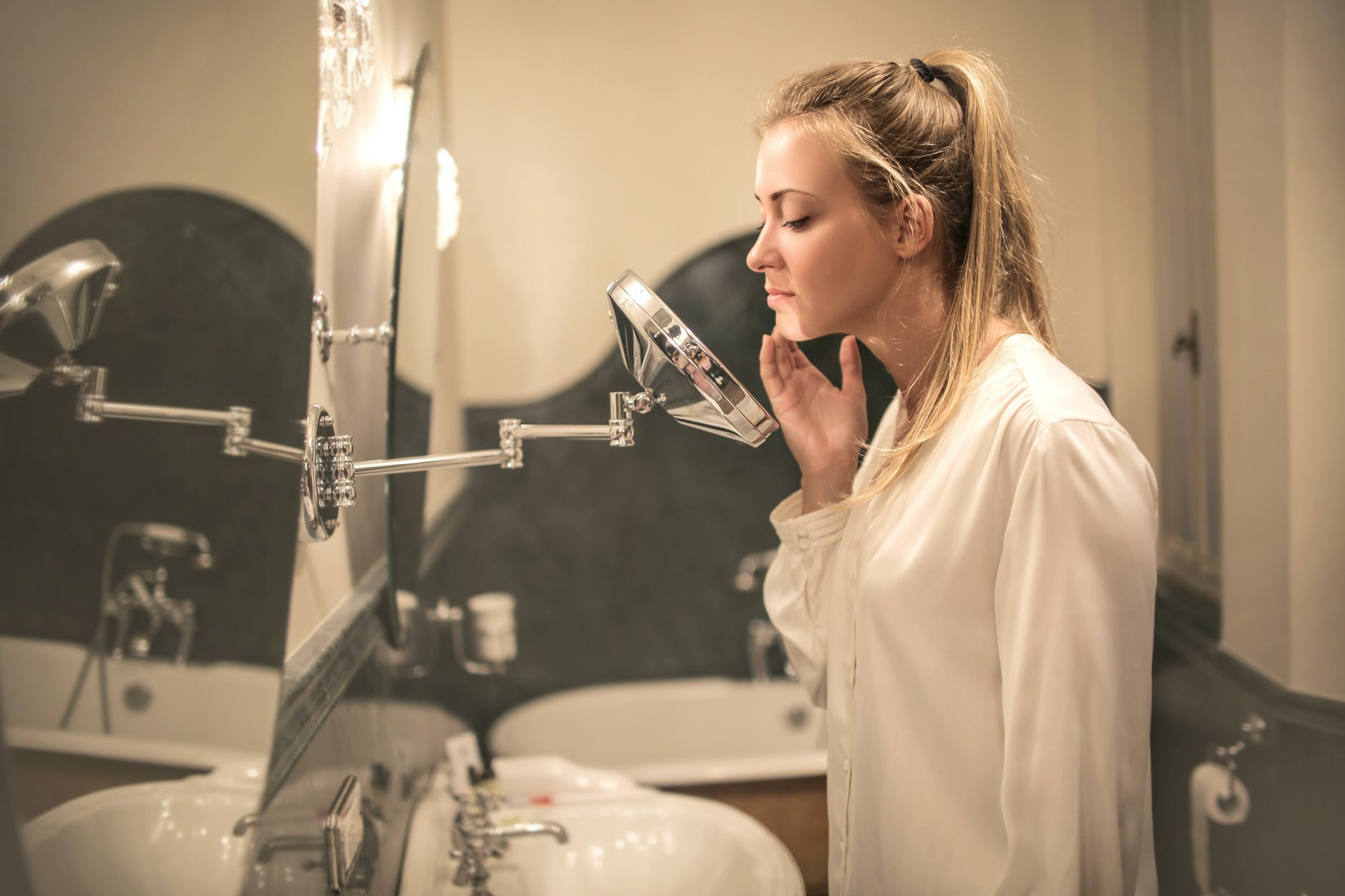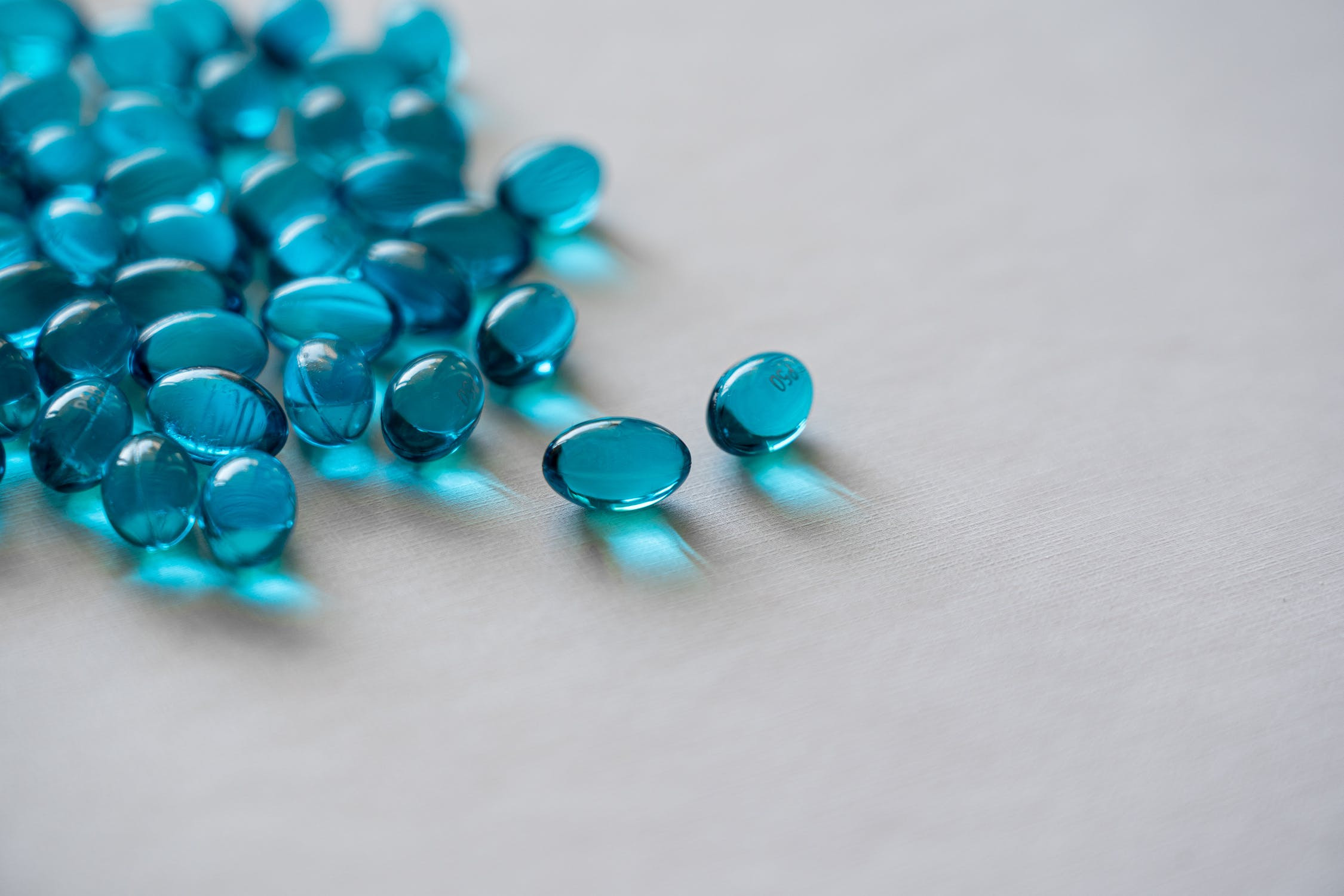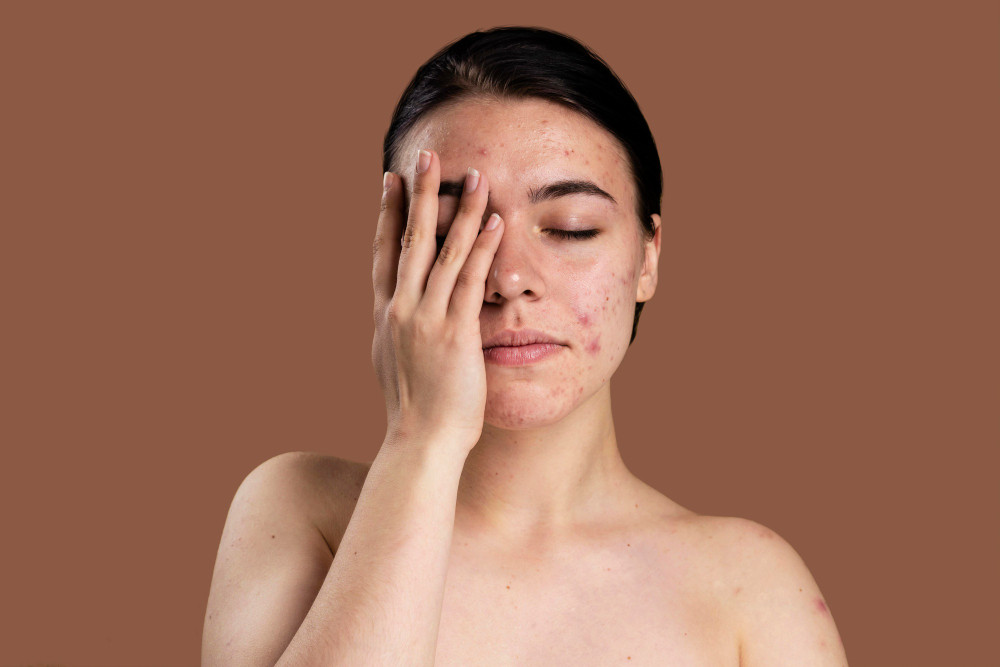Pregnancy brings about various skin changes such as acne, hyperpigmentation, dryness, and heightened sensitivity. Many expectant mothers may consider using retinol to address these skin issues.
Retinol, a derivative of vitamin A, is effective in treating a variety of skin concerns like acne, wrinkles, rough skin, uneven tone, dullness, and large pores. But is it safe to use products with retinol during pregnancy? Let’s explore the potential risks.
Risks of Using Retinol During Pregnancy
Retinol belongs to the retinoid family, which are compounds derived from vitamin A. These compounds work by enhancing skin cell turnover and boosting collagen production. While retinol is highly effective in skincare, excessive use during pregnancy can negatively impact fetal development.
Studies show that oral retinol (when ingested) carries more significant risks. However, experts advise against using all forms of retinol during pregnancy, including topical application. Even though the amount absorbed through the skin is small, retinoids can still enter the bloodstream and pose a risk.
Elevated levels of retinoids in a pregnant woman’s body can lead to the following complications for the baby:
- Delayed growth before birth or in infancy
- Skull and facial malformations
- Lower-positioned ears, hearing loss, or impairment
- Central nervous system issues like hydrocephalus
- Developmental delays and learning difficulties
- Microcephaly (smaller than normal head size)
- Heart defects
- Problems with kidneys, thymus, and parathyroid glands
Safe Skin Care Alternatives During Pregnancy
Even though retinol is not recommended during pregnancy, there are still plenty of safe and effective skincare alternatives to maintain healthy skin without compromising your baby’s well-being.
Here are some alternatives and their benefits:
Glycolic Acid
Safe for use during pregnancy in low to moderate concentrations. It helps exfoliate dead skin cells, reduce acne and fine lines, and brighten dull skin.
Azelaic Acid
A dermatologist favorite for pregnant women, azelaic acid helps treat acne, has antimicrobial and anti-inflammatory properties, reduces hyperpigmentation, and improves skin texture.
Hyaluronic Acid
Perfect for all skin types, including sensitive skin. It provides hydration, keeps the skin supple, and minimizes the appearance of fine lines.
Bakuchiol
A natural alternative to retinol, bakuchiol helps stimulate collagen, improves skin texture, and reduces dark spots without irritation. It’s safe to use during pregnancy and breastfeeding.
Niacinamide
Gentle and suitable for daily use, niacinamide helps strengthen the skin barrier, reduces inflammation, and controls oil production.
Additionally, opt for a physical sunscreen with zinc oxide or titanium dioxide for safe UV protection.
If you’re unsure about which skincare products are safe during pregnancy, it’s always a good idea to consult your obstetrician or a dermatologist. You can also use the health consultation service through the Ai Care app, available on the App Store or Play Store.
Looking for more information about pregnancy, breastfeeding, women's and children's health? Click here!
- dr Nadia Opmalina
Cat Matta (2024). Can You Use Retinol While Pregnant?. Available from: https://www.parents.com/can-i-use-retinol-while-pregnant-8644428
Karen Miles (2024). Safe skin care during pregnancy. Available from: https://www.babycenter.com/pregnancy/your-life/safe-skin-care-during-pregnancy_1490031
Corey Whelan (2022). Can Using Products with Retinol Affect Pregnancy?. Available from: https://www.healthline.com/health/pregnancy/retinol-pregnancy#retinol
Hana Ames (2023). Pregnancy and skin care: What products are safe to use?. Available from: https://www.medicalnewstoday.com/articles/pregnancy-skin-care
Cleveland Clinic (2022). Retinol. Available from: https://my.clevelandclinic.org/health/treatments/23293-retinol


